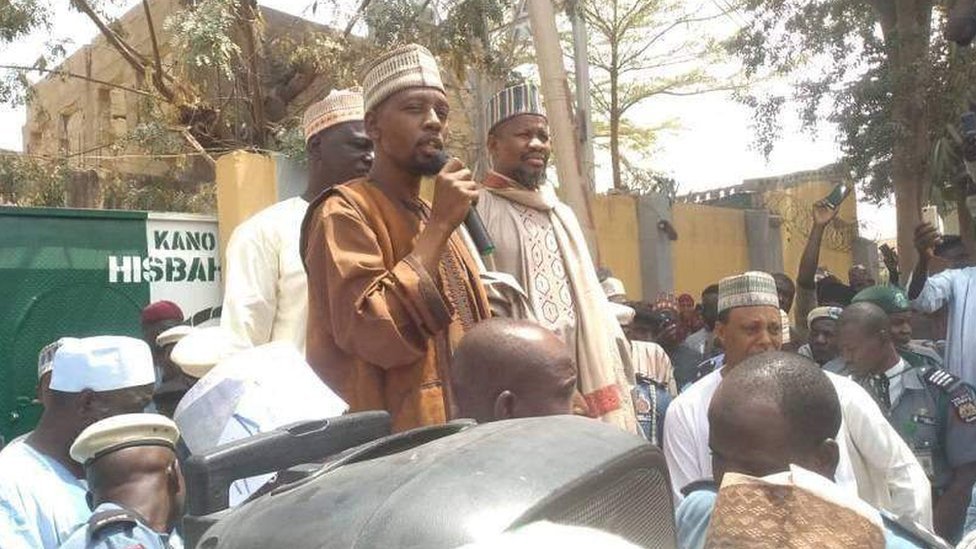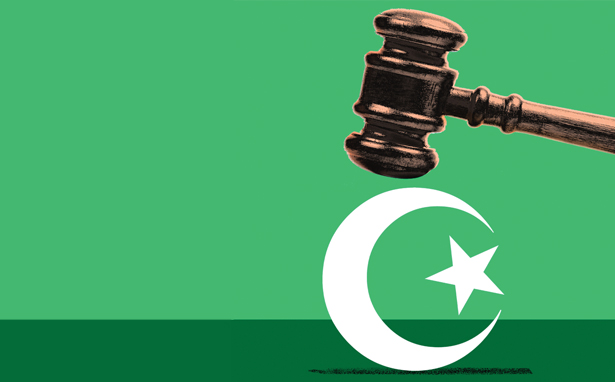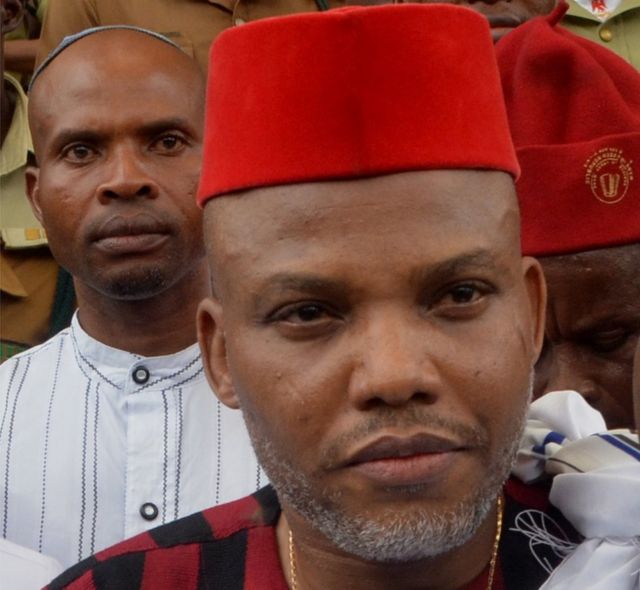An appeal by a musician who was fighting a religious judgement that he should be executed for blasphemy was denied by a federal court in Kano.

This is the first time a federal court in Nigeria has made a determination regarding whether or not the secular nation’s constitution and Islamic sharia law are compatible.

Nigeria’s northern states coexist with common law and sharia courts.
The case dates back to August 2020, when a sharia court in Kano ruled that singer Yahaya Aminu Sharif should be executed by hanging for remarks deemed offensive to the Prophet Mohammed but the musician challenged his judgement.
In a song he posted online, the musician was accused of demeaning the prophet, which sparked rioting in the neighbourhood.
His arrest resulted from mobs torching his family’s home and demonstrating in the streets for legal action.
Sharif is a member of a branch of the Tijaniyya Sufi order, whose interpretation of some fundamental Islamic concepts has led to some people considering their ideas to be heretical.
In a song he posted online, the musician was accused of demeaning the prophet, which sparked rioting in the neighbourhood.
His arrest resulted from mobs torching his family’s home and demonstrating in the streets for legal action.
Sharif is a member of a branch of the Tijaniyya Sufi order, whose interpretation of some fundamental Islamic concepts has led to some people considering their ideas to be heretical.
The death sentence was overturned by the Kano State High Court in January 2021, however the court also mandated a new trial by the Kano State Upper Sharia Court.
Sharif’s attorneys appealed that decision, arguing that he shouldn’t be put on trial again by a religious tribunal.
The Kano federal court, however, dismissed that appeal on Wednesday.
“Sharia law is constitutional… The attempt by the appellants to prove the illegality of sharia law is therefore unfounded,” said judge Abubakar Mu’azu Lamido, in a 17-minute judgement read via Zoom.
“The appeal lacks merit, and the case is hereby dismissed.”
The ruling for a new trial at the religious court was supported by two of the three justices, but the third judge disagreed.
Kola Alapinni, Sharif’s attorney, declared that the singer would take the decision to the Supreme Court for review.




















